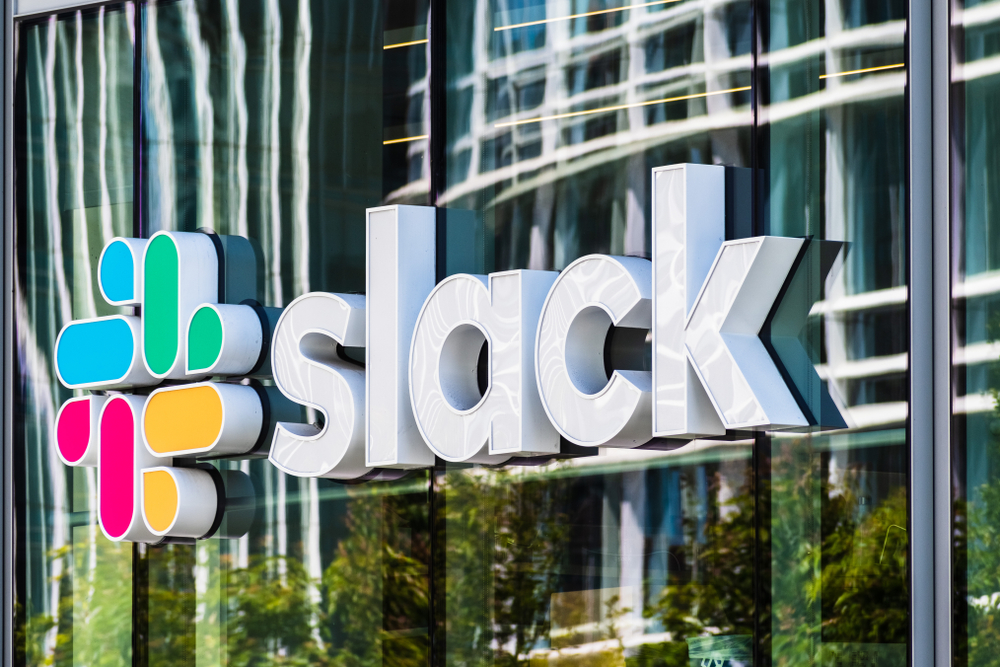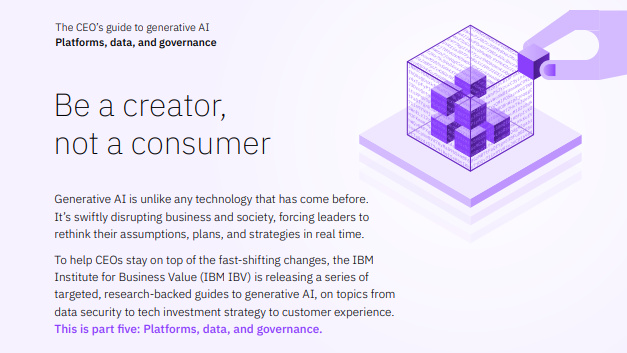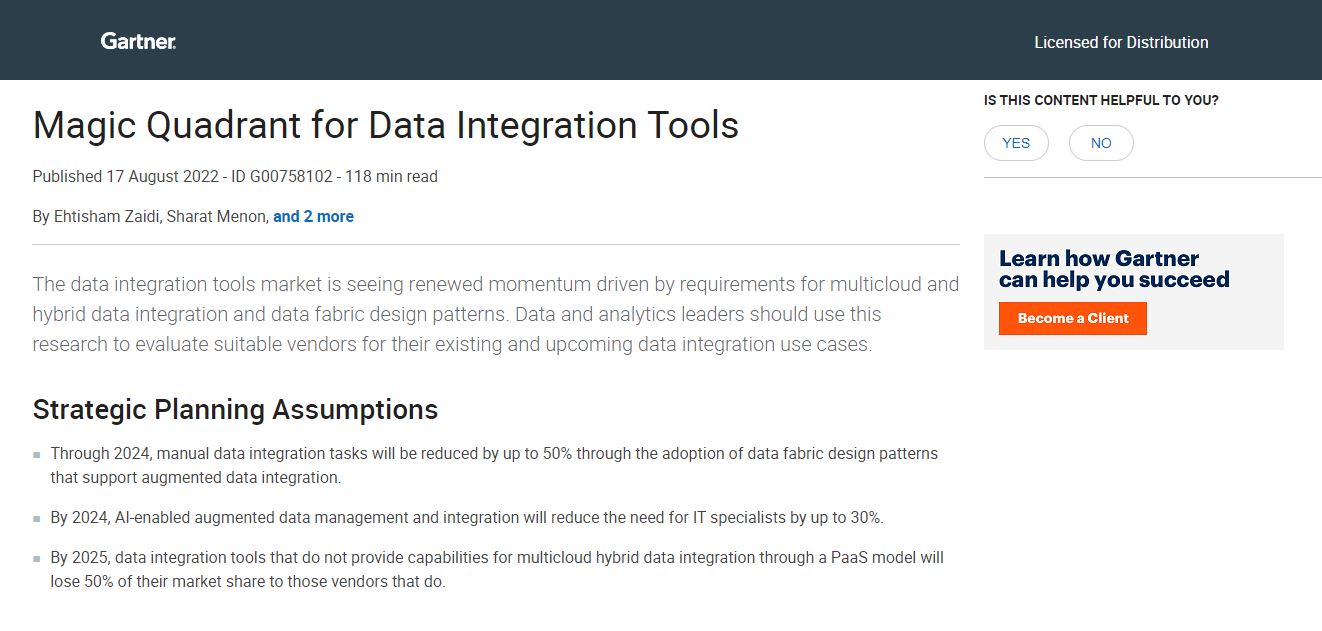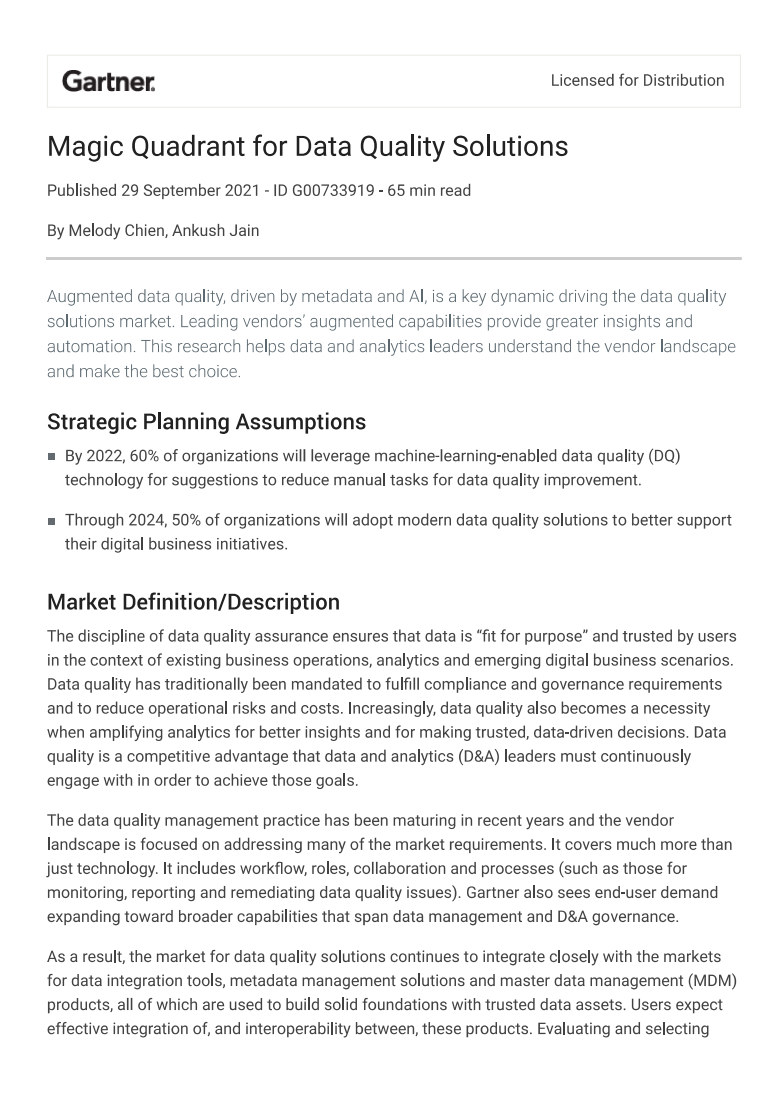Slack brings data residency to the UK
Move is designed to target customers in highly-regulated industries


Slack is launching data residencies in Europe and the UK so organisations can have greater control over their data by choosing where it is stored.
The announcement follows the launch of residencies in Germany, France, Australia, and Japan in October.
Traditionally Slack stores data in the US, but to help its global customers have more control over their data, the company is opening up data residencies outside of the US, which includes one in London.
The move is designed to tap into those organisations currently not using Slack as they're unable to store data locally and comply with industry regulations, such as those in financial services, the public sector, and healthcare.
"We've listened to our customers regulatory concerns around having their data hosted outside of the country or region where they operate, and our expansion of data residency into the UK is in direct response to their requests," Ilan Frank, VP of product, enterprise at Slack told Information Age.
"We are making data residency technically and financially accessible so that users have the freedom of where they want to store their data."
Slack is one of a number of cloud-based services that enable remote working to see a huge spike in usage since the outbreak of COVID-19 and the UK is the third-largest global market for the company, behind the US and Japan, in terms of daily active users.
Get the ITPro daily newsletter
Sign up today and you will receive a free copy of our Future Focus 2025 report - the leading guidance on AI, cybersecurity and other IT challenges as per 700+ senior executives
User-generated data, such as message posts, files, and searches, can now be stored within the desired region, according to the company, and regardless of whether the data is in transit or rest, it's always encrypted.
Although existing customers can move their organisation's data to a new residency region, the entire business must be rooted in a single region.
Bobby Hellard is ITPro's Reviews Editor and has worked on CloudPro and ChannelPro since 2018. In his time at ITPro, Bobby has covered stories for all the major technology companies, such as Apple, Microsoft, Amazon and Facebook, and regularly attends industry-leading events such as AWS Re:Invent and Google Cloud Next.
Bobby mainly covers hardware reviews, but you will also recognize him as the face of many of our video reviews of laptops and smartphones.
-
 Should AI PCs be part of your next hardware refresh?
Should AI PCs be part of your next hardware refresh?AI PCs are fast becoming a business staple and a surefire way to future-proof your business
By Bobby Hellard
-
 Westcon-Comstor and Vectra AI launch brace of new channel initiatives
Westcon-Comstor and Vectra AI launch brace of new channel initiativesNews Westcon-Comstor and Vectra AI have announced the launch of two new channel growth initiatives focused on the managed security service provider (MSSP) space and AWS Marketplace.
By Daniel Todd
-
 The CEO's guide to generative AI: Be a creator, not a consumer
The CEO's guide to generative AI: Be a creator, not a consumerWhitepaper Innovate your business model with modern IT architecture, and the principles of trustworthy AI
By ITPro
-
 Building a strong business case for GRC automation
Building a strong business case for GRC automationwhitepaper Successfully implement an innovative governance, risk & compliance management platform
By ITPro
-
 Sundar Pichai: AI keeps me up at night
Sundar Pichai: AI keeps me up at nightNews The Google chief warned that recent AI developments will have a profound impact on society
By Ross Kelly
-
 ChatGPT privacy flaw exposes users’ chatbot interactions
ChatGPT privacy flaw exposes users’ chatbot interactionsNews OpenAI has not expanded on the flaw in detail, nor indicated its reach
By Rory Bathgate
-
 2022 Magic Quadrant for data integration tools
2022 Magic Quadrant for data integration toolsWhitepaper Using research to evaluate suitable vendors for their existing and upcoming data integration use cases
By ITPro
-
 Redefining modern master data management in the cloud
Redefining modern master data management in the cloudWhitepaper Why you need a modern MDM solution built for the cloud
By ITPro
-
 Magic quadrant for data quality solutions
Magic quadrant for data quality solutionsWhitepaper Amplifying analytics for better insights and for making trusted, data-driven decisions
By ITPro
-
 Oracle to act as US data auditor for TikTok
Oracle to act as US data auditor for TikTokNews All US traffic on the social media platform will be routed through Oracle's cloud infrastructure
By Rory Bathgate